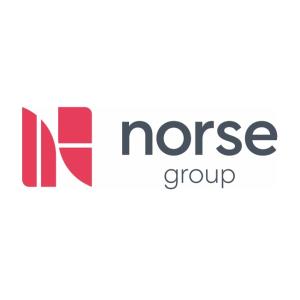 It is time for local authorities, particularly unitary and district councils, to take a deeper look at the range of challenges they are confronting, and how these will necessitate innovative solutions for the effective, best-practice delivery of public services.
It is time for local authorities, particularly unitary and district councils, to take a deeper look at the range of challenges they are confronting, and how these will necessitate innovative solutions for the effective, best-practice delivery of public services.
In their mission to deliver statutory and non-statutory services, local authorities across the country are having to contend with a range of challenges.
While there is of course local variation in the extent and scope of these challenges, they mirror the national struggle to navigate the complexities of modern public service provision.
They include a shortage of specialist expertise and operational capacity; difficulty attracting and retaining talent; ensuring that there is a balance between strategic planning and operational management; budgetary constraints; changing service demands which require a high degree of flexibility; and the need to embrace innovation.
Amid this daunting catalogue of challenges, the general election has added a further layer of complexity, with the potential for significant shifts in decision-making, funding, and policy priorities.
This uncertainty particularly impacts on smaller authorities, only serving to accentuate the need for flexible and resilient local governance strategies.
In this context, government consultation on capital flexibilities, encouraging asset sales for budget balancing, becomes particularly pertinent.
While providing a potential short-term financial solution, this strategy raises questions about long-term sustainability and the risk of diminishing valuable public assets.
In this challenging landscape, Norse Group's partnership model emerges as an example of innovative collaboration.
By fostering strategic alliances, Norse Group shares council partners’ objectives in navigating these multifaceted challenges, advocating for a balanced approach to asset management and resource optimisation that prioritises long-term community welfare and financial health.
Built on the strong principle of utilising the experience and strengths of both partners, the symbiotic relationship shares skills, knowledge and experience.
I believe that by harnessing strong support from local communities and providing a roadmap for councils, the partnership model ensures resilience and sustainability in the face of evolving demand.









